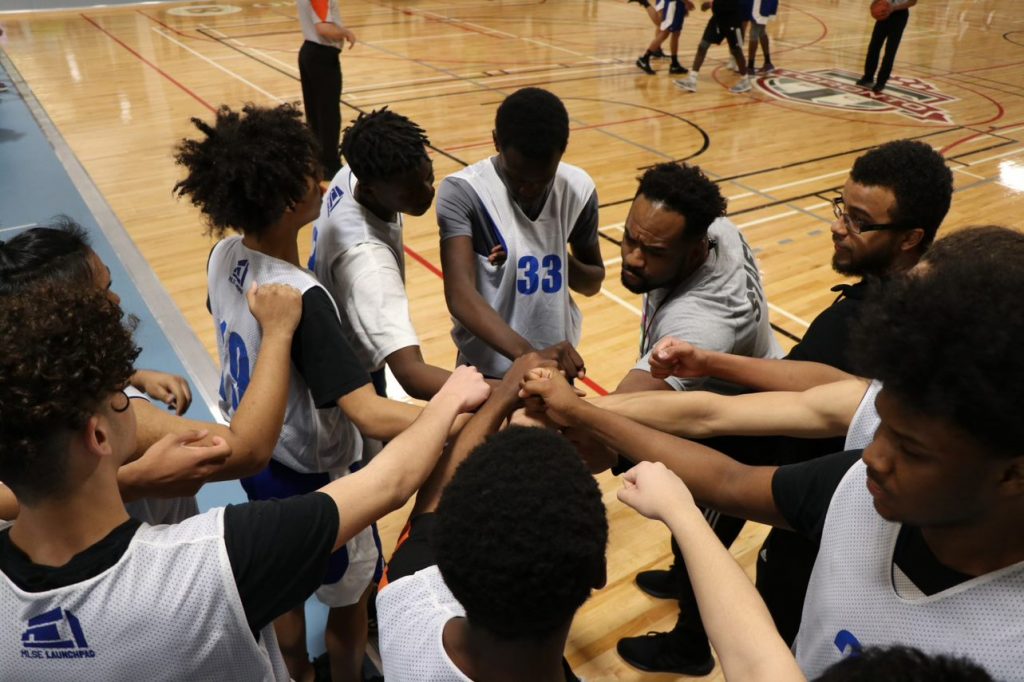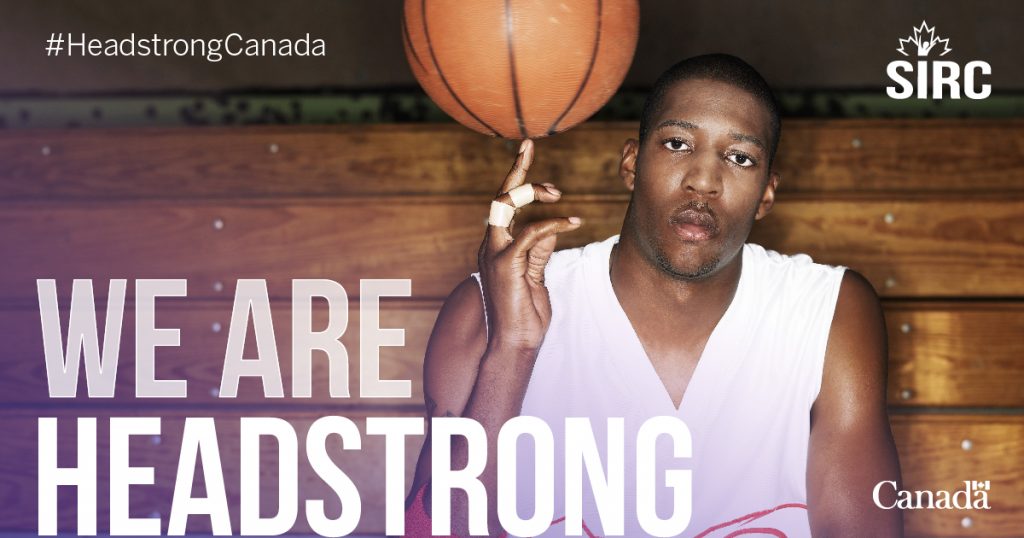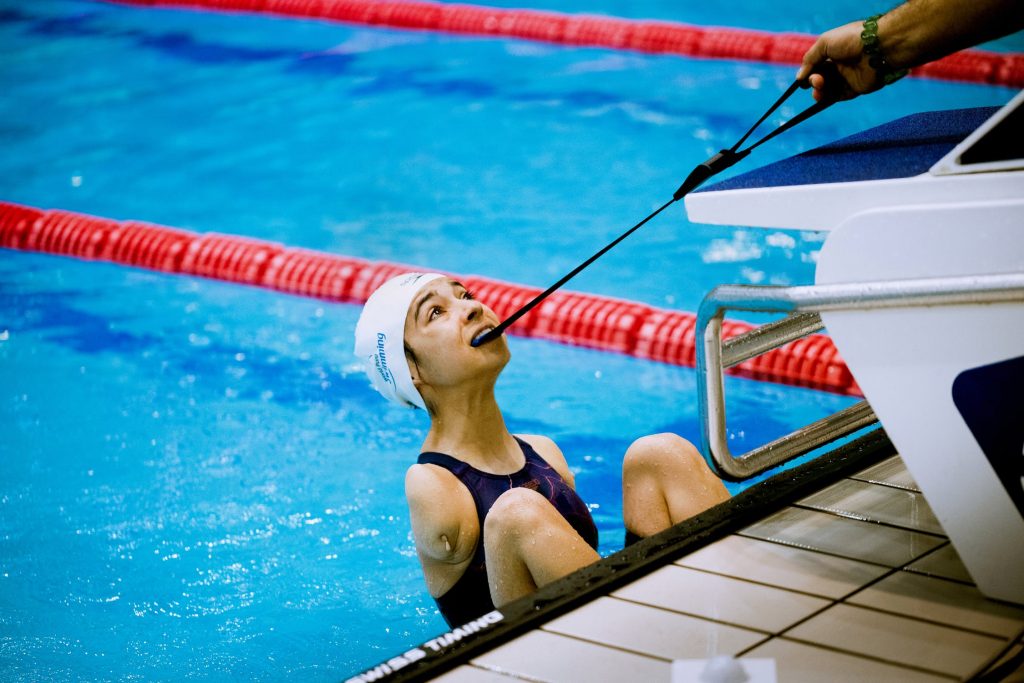March Concussion Newsletter
SIRC’s Concussion Newsletter offers up-to-date sport concussion resources for athletes, parent, coaches, and sport organizations. In the March edition, learn about the progression of concussion awareness and education in Canada, discover new resources, and read about the success of Western University’s concussion protocol.
Engaging Youth in Evaluation Processes

Picture this: it’s the first session of a popular youth sport program at a busy community facility. Dozens of youth are greeting each other, checking out the space, and mingling with coaches on the bleachers. The excitement is palpable as youth move onto the court. Soon the space is filled with the satisfying sounds of…
Spring 2020 SIRCuit
Check out the Spring SIRCuit! This collection of articles, provides timely and relevant research and insights relating to leadership, athlete development, and high performance sport: The Role of Nutrition in Sub-Concussion Injury Protection Engaging Youth in Evaluation Processes An Official’s Journey to the FIFA Women’s World Cup Supporting the Psychological Wellbeing of Athletes: What can Coaches…
Innovative Strategies Making Concussion Safety the New Normal

When Canada works in harmony towards the same goal, much can happen in a short time. In March 2018, SIRC launched the “We Are Headstrong” campaign. Since that time we’ve seen signs of progress in the attitudes of Canadians toward concussions, and we’ve witnessed significant system changes too. At the 2020 Canadian Sport for Life…
Canadian Paralympic Committee Research
“Within Swimming Canada’s Paralympic Program, we take a two-pronged approach to research, tackling the challenges that can help our swimmers and coaches in Tokyo while at the same time looking for answers to enhance and strengthen our system for the long term.” – Wayne Lomas, Swimming Canada. Learn how the Canadian Paralympic Committee is working…
She Belongs
Creating a positive social environment that intentionally fosters a sense of belonging is integral to the retention of girls in sport and physical activity. Canadian Women & Sport’s new She Belongs resource offers practical recommendations for coaches and program leaders focused on building a positive culture, creating an inclusive and safe environment, connecting girls with…
Para Sport Jumpstart Fund
The Para Sport Jumpstart Fund is designed to support introductory and early competition Para Sport experiences for children and youth with disabilities. Through this partnership between the Canadian Paralympic Committee and Canadian Tire Jumpstart Charities, organizations can access funding for registration, transportation and equipment costs. The deadline for applications is March 15, 2020.
Bringing Research to Life: Lessons from the Canadian Paralympic Committee

Data driven. Evidence informed. Research to practice. No matter how you say it, a lot of us in the sport system are trying to figure out how to ensure the decisions we make are consistently based on the best possible information. But what does that mean? How do we make the best choices when we…
Concussion Awareness in Community Sport
Alignment among grassroots clubs across Canada can be challenging. The Ottawa Sport Council and Sport Manitoba are both addressing concussion awareness at the community sport level. For these mostly volunteer-run organizations, having access to evidence-informed concussion resources is helping to inform coaches and protect athletes.
CPRA Concussion Webinar
In partnership with the Canadian Parks and Recreation Association, SIRC will be delivering a free webinar on February 25, 2020 at 12:00PM ET. Click here to register for Concussion Management: Best practices and lessons from the Canadian sport and recreation system.